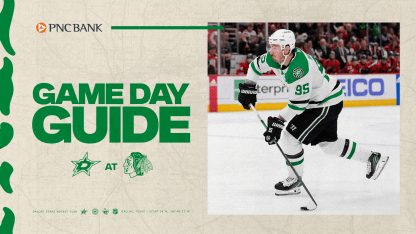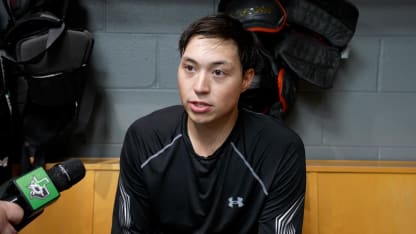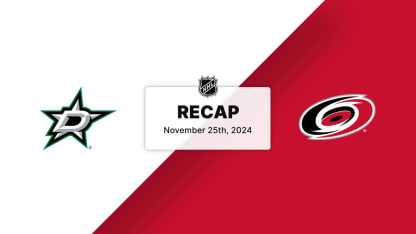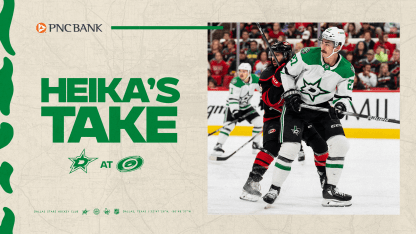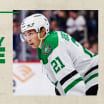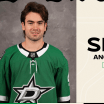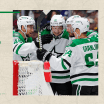First Shift 🏒
The Stars have had a tendency to respond well to losses…or bad games…or simply just not playing well.
They did it last year, limiting losing streaks to a minimum, and they have done it this year, responding well to tough defeats with bounce-back wins.
They have another opportunity to do that Wednesday in Chicago.
Dallas had a 3-1 lead after two periods against the Carolina Hurricanes on Monday night, but fell apart in the third and lost 6-4. Special teams played a huge role, as the Stars went 0-for-3 on the power play and allowed the Hurricanes to go 2-for-2 with the man advantage. The lads in Victory Green also surrendered a shorthanded goal and gave up another goal four seconds after a power play expired. As a result, four of the five power play situations in the game essentially resulted in a Carolina goal.
“That’s the game right there,” said forward Jason Robertson.
The Stars have struggled with special teams at times this season. The power play ranks 25th in success rate at 16.1 percent and also ranks 30th in goal differential at plus-7. While the team has 10 power play goals, which is 25th, it also has allowed three shorthanded goals, which is third most.
Dallas allowed only four shorthanded goals in 82 games last season.
So where are the breakdowns? Dallas in the first period on Monday made a bad entry, and then scrambled getting back. Then, in the third period, the power play was ending, the Stars were making a line change, and Carolina pushed the play and got an odd-man rush.
“It’s puck management,” said Robertson. “Most of the PKers are skill guys, so you have to be cautious who is out there. You just have to shore up puck management, and last game we even had a line change, so we have to watch that.”
And could that contribute to improving the success rate of the power play? Robertson said the secret is in all the details.
“It’s shots, it’s recovering the puck, it’s getting [shots] through, it’s winning the draw, it’s breaking out,” Robertson said of the problems Dallas is facing. “When you’re feeling good, everything happens easier and you don’t think. It just happens, everything is so fluid, and eventually we’re going to get to that spot as we do every year, but it’s hard at this point in the season.”
The Stars are actually playing well at 5-on-5, ranking third best in 5-on-5 goals against at 31 and eighth best in 5-on-5 goals for at 48. That plus-17 differential is one of the reasons the team has six players who are plus-8 or better. But that makes the special teams play all the more vexing. It’s not just a side note, it’s losing games for a team that is 13-7-0.
“If our special teams were better, it seems we might have a better outcome,” said Wyatt Johnston, who plays on both the power play and the penalty kill. “I think it’s a combination. Making smart plays is one thing, everyone being on the same page.”
Johnston said he understands the arguments about pressing too hard because the power play is struggling, and said the Stars can’t get too caught up “forcing” plays. At the same time, they can’t just sit back and relax. He said power plays especially succeed because the man advantage outworks the penalty kill.
“You’ve got to outwork the PK. The teams that are the best on the power play, they’re working and they’re getting pucks back and they’re making plays,” Johnston said. “But at the same time, you need to be confident and go out there and make plays. That’s why we’re out there, to make plays and score, so you need to have the confidence.”
The Stars are hoping a nice workout in Chicago helped bring back that balance of swagger and calm. They said that the history of the team is that they find a way to resolve these issues.
“It’s my fifth year and honestly, we haven’t really had power play struggles that last,” Robertson said. “We always finish top 10.”
That said, they can’t let it fester.
“Obviously, it’s not good enough right now,” Robertson said. “We’re not helping ourselves right now. We’re not producing and we’re not even creating momentum.”
